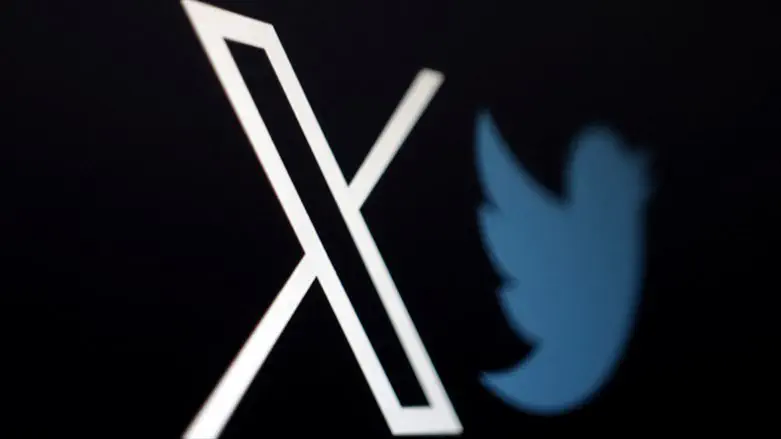
A “community note” saying falsely that Leo Frank, the victim of an antisemitic lynching in 1915, was guilty of raping and murdering a young girl appeared and disappeared several times over the weekend on X, the platform known until recently as Twitter.
Community notes, which allow users to contribute additional context about tweets, were expanded in late 2022 as new owner Elon Musk’s favored tool for battling misinformation on the platform. But the community note about Frank offers the latest indication that the technology can be misused.
The note was appended to tweets by the Anti-Defamation League (ADL) and its CEO, Jonathan Greenblatt, marking the anniversary of Frank’s lynching. The Jewish civil rights group was founded in the wake of the case.
“Readers added context: He raped and murdered a 13 year old white girl and tried to frame the illiterate black janitor,” the note said. “His pardon, 73 years after his death, does not clear him of the accused crime and was likely politically-motivated.” The note then offered two links, both to white supremacist websites, purporting to offer evidence.
There is in fact a widespread consensus that Frank was innocent of the crime and that his arrest and prosecution were driven by antisemitism. Frank has long been a hobbyhorse for neo-Nazis who reject that consensus and see the advocacy on his behalf as evidence of Jewish control of the media, a longstanding antisemitic trope.
Frank’s profile — and the simmering neo-Nazi preoccupation with him — grew this year with the success of “Parade,” the Broadway musical that tells Frank’s story. Neo-Nazis rallied outside the show on its opening night.
The note was deleted then added back several times on multiple accounts before finally disappearing permanently, as X’s moderation team played a game of whack-a-mole with neo-Nazi trolls.
The note was one of several instances in recent days when X’s new features seemed to reward antisemites. Last week, Media Matters reported that X was placing advertising on an account that was openly pro-Nazi; CNN later verified the reporting. The account was suspended after the report and several of the brands that had their ads placed there said they would no long pay for advertising on the platform. Some said they had not paid for the ads in the first place.
Additionally, the platform just issued its first payments to users whose content generates high engagement, an initiative that Musk announced. Among those touting their dividends in recent days was Lucas Gage, a white nationalist formerly known as Angelo John Gage, whose posts consist largely of anti-Jewish content. “Finally got paid for dropping red pills and triggering people,” he tweeted when sharing a screenshot of what he said was a receipt for his $165 payment.
In the days since, Gage posted more than half a dozen times about Leo Frank, including once with a video that he titled “Unhinged Ultra Rant: the ADL and Leo Frank cover up.” In several instances, he mentioned the appearance and disappearance of the community note.
The ADL has been highly critical of Twitter and Musk, urging an advertising boycott of the platform when the new owner began restoring accounts suspended over antisemitism and other forms of hate. More recently, the organization began buying ads again.
Several accounts associated with the ADL, including Greenblatt’s, also pay the $8-a-month fee that Musk introduced to unlock special features.